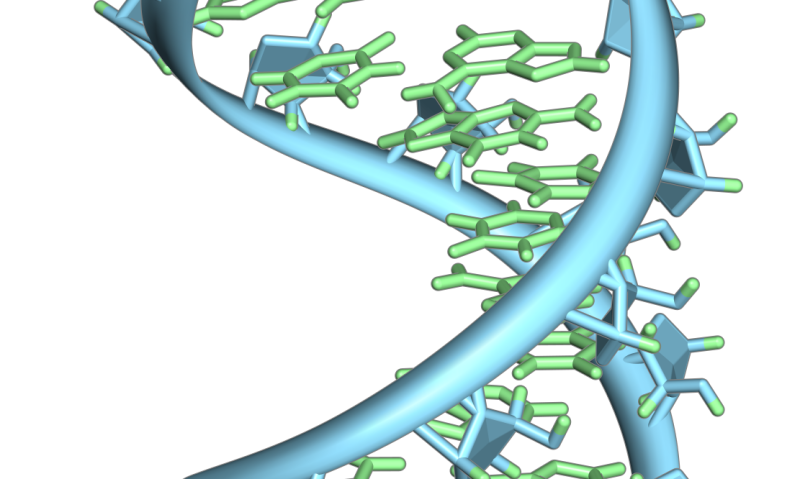Emerging Role of RNA Modifications in Autoimmune Disorder Development

New research uncovers how chemical modifications of RNA, particularly glycosylation, help prevent immune detection of self-RNA and may influence autoimmune disease development.
Recent research published in Nature has shed new light on how specific chemical modifications of RNA may influence the onset of autoimmune diseases. Led by Dr. Ryan Flynn in collaboration with experts from UConn Health and Boston Children's Hospital, the study explores how the immune system detects and responds to RNA molecules within our bodies.
RNA plays a vital role in our innate immune defense, helping identify invading pathogens. However, because RNA is not unique to pathogens, our bodies employ various mechanisms, including chemical modifications, to prevent the immune system from erroneously attacking self-RNA. One such modification involves N-glycosylation, a process where small RNAs are adorned with sialic acid-containing glycans, termed glycoRNAs, which are transported to the cell surface without triggering immune sensors.
The research investigates the purpose of these glycoRNAs, revealing that the N-glycans serve a protective role by hiding a particular RNA modification known as acp3U (acetylated uracil), which, when exposed, can stimulate immune responses. The team discovered that the glycan cloaks these immunostimulatory RNA bases, effectively preventing activation of innate immune pathways.
These findings propose a natural immune evasion mechanism whereby glycoRNAs prevent the immune system from perceiving self-RNA as a threat. Importantly, since immune sensors that recognize RNA are implicated in autoimmune conditions like lupus, the study raises questions about whether alterations in RNA glycosylation could contribute to the development of such disorders.
Understanding how RNA modifications influence immune recognition opens potential avenues for therapeutic interventions targeting autoimmune diseases. It underscores the significance of RNA biology in maintaining immune homeostasis and provides insights into how dysregulation might lead to autoimmunity.
Source: https://medicalxpress.com/news/2025-08-rna-modifications-contribute-autoimmune-disorders.html
Stay Updated with Mia's Feed
Get the latest health & wellness insights delivered straight to your inbox.
Related Articles
Exploring Ancient Ayurvedic Botanicals: Bitter Melon, Fenugreek, and Asafoetida in Modern Health
Discover how traditional herbs like bitter melon, fenugreek, and asafoetida are being studied for their potential to support modern health, from blood sugar management to cholesterol regulation.
WHO Reports Worsening Cholera Outbreaks in 31 Countries
Cholera outbreaks are escalating worldwide, with 31 countries affected and rising death tolls, driven by conflict and poverty. Urgent health responses are critical to control the spread.
Older Maternal Age Linked to Increased Risks of Premature Birth and Complications in Newborns
New Swedish study shows that children born to mothers over 45 face higher risks of premature birth and complications, emphasizing the importance of informed pregnancy planning for older women.



